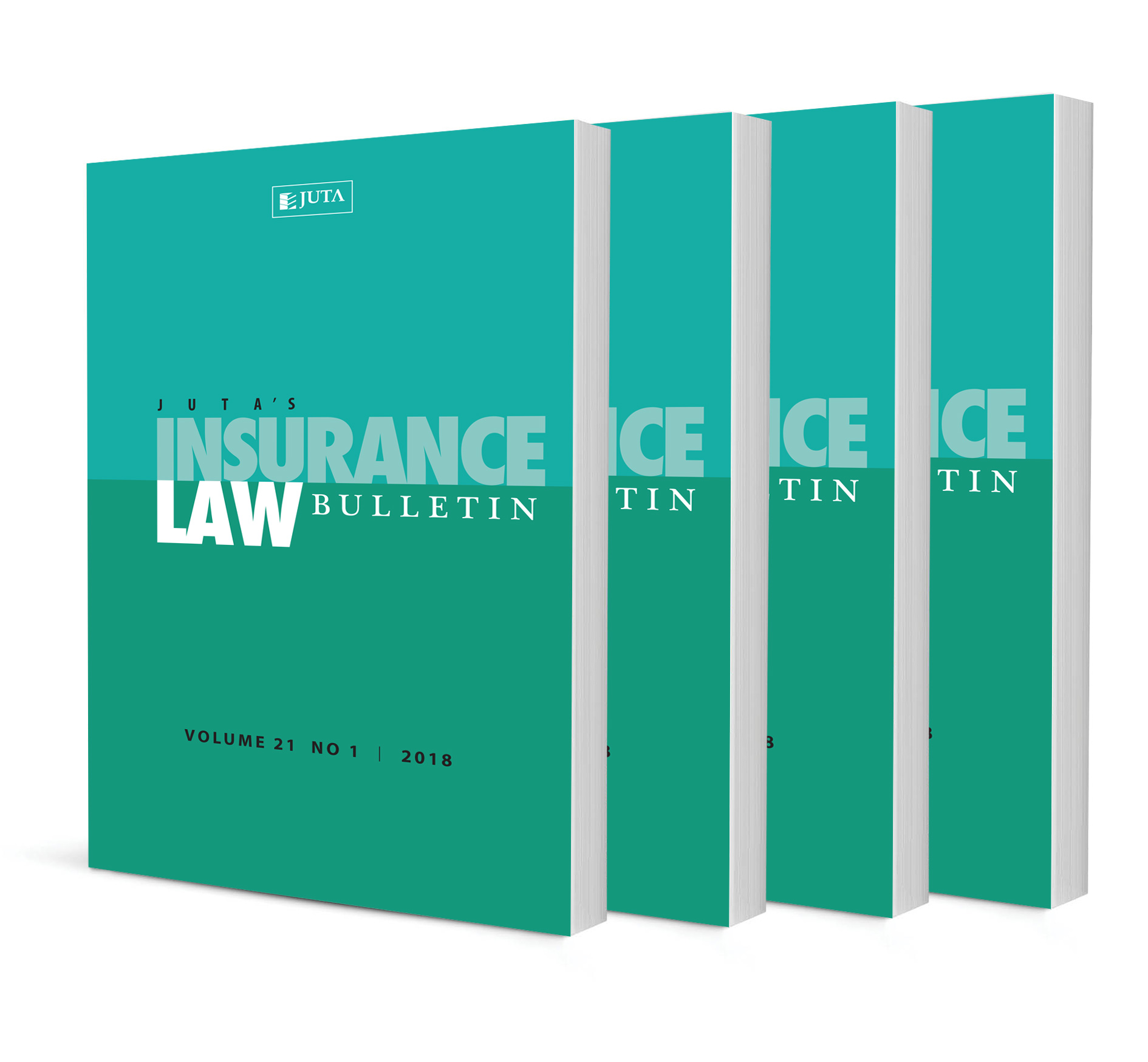FAIS Ombud determination: Siyanda Thubelihle Njoko v Pieter de Wet t/a Model Insurance Company – Case No FSOS00304/12-13/KZN (3) AND Jaynand Chetty v Pieter de Wet t/a Model Insurance Company – Case No FSOS00213/12-13/KZN (3)

FAIS Ombud determination: Siyanda Thubelihle Njoko v Pieter de Wet t/a Model Insurance Company – Case No FSOS00304/12-13/KZN (3) AND Jaynand Chetty v Pieter de Wet t/a Model Insurance Company – Case No FSOS00213/12-13/KZN (3)
Authors Daleen Millard
ISSN: 2517-9543
Affiliations: Department of Private Law, Law Faculty, University of Johannesburg
Source: Juta’s Insurance Law Bulletin, Volume 18 Issue 1, 2015, p. 7
Abstract
None